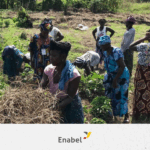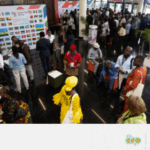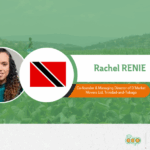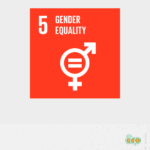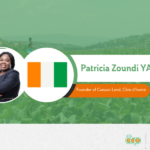Madagascar: Assessment of SAHANALA’s quality management system and FSSC 22000 standard’ s training
- 16/08/2023
- Posted by: Sandra Borma
- Category: Corp EN, News

To address the increasing request for dried ginger and improve current practices, SAHANALA has received support from COLEAD as part of its Fit for Market SPS programme. The aim was to establish a sanitary quality management system to obtain Food Safety System Certification (FSSC) 22000 certification for ginger processing. The FSSC 22000 standard provides a certification model that ensures food safety standards and processes throughout the food supply chain.
The first step of the mission, overseen by an expert from Mauritius, aimed to assess the company’s current sanitary quality management system for compliance with FSSC 22000. The objectives of this evaluation were as follows:
- Identify non-compliant infrastructure elements for FSSC 22000 implementation.
- Assess current system elements and identify gaps in relation to the FSSC 22000 standard.
- Formulate a detailed report outlining the findings and an action plan for FSSC 22000 implementation.
Subsequently, the second phase of the mission aimed to enhance personnel knowledge on the subject. To this end, the following training sessions were conducted:
- Advanced training on the HACCP system.
- Training on the FSSC 22000 standard (ISO 22000, TS 22002, additional FSSC 22000 requirements).
- Training on food fraud and food defense.
Following that, the subsequent phase of the mission aimed to enhance personnel knowledge on the subject. For this purpose, the following training sessions were carried out:
- Advanced training on the HACCP system
- Training on the FSSC 22000 standard (ISO 22000, TS 22002, additional FSSC 22000 requirements)
- Training on food fraud and food defense.
Participants valued these training sessions, and SAHANALA received a compliance report as well as an action plan developed in collaboration with the company’s personnel to ensure their engagement in the process.
This activity is supported by the Fit For Market SPS programme, implemented by COLEAD as part of the development cooperation between the Organisation of African, Caribbean and Pacific States (OACPS) and the European Union (EU).
This publication is financially supported by the EU and the OACPS. Its content is the sole responsibility of COLEAD and cannot be considered to reflect the position of the EU or the OACPS.

